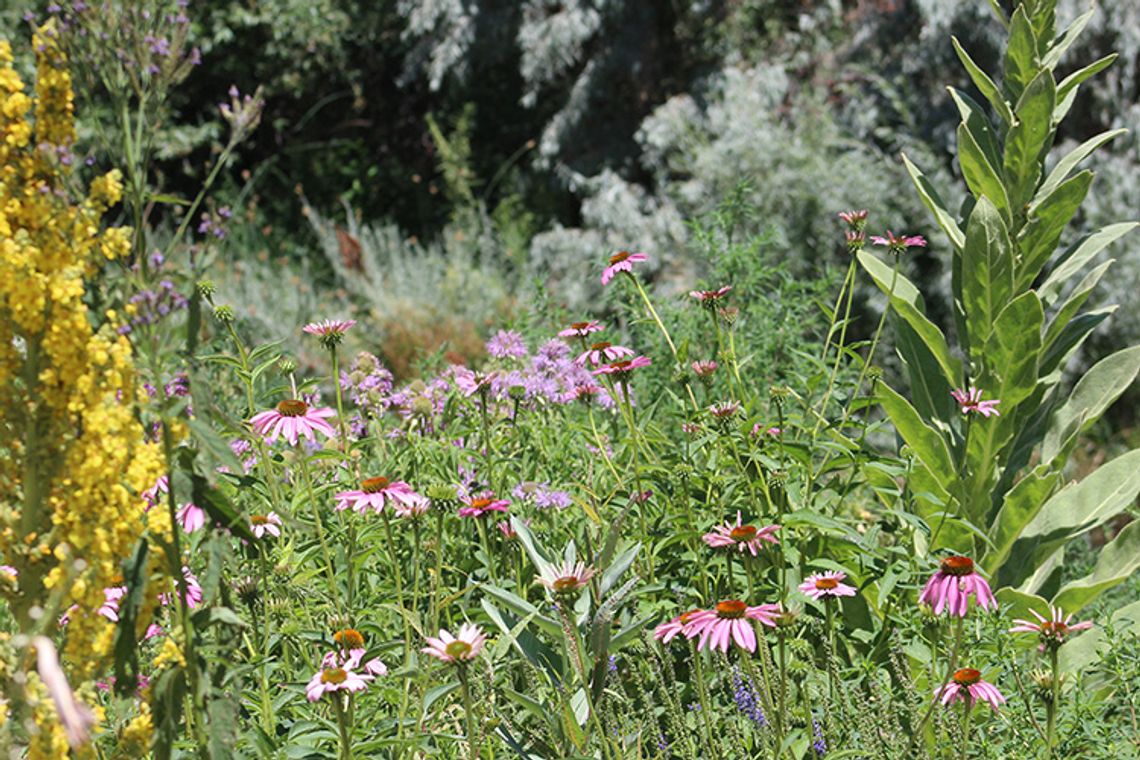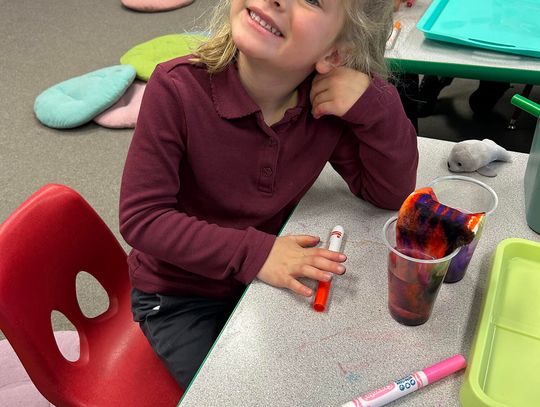My anxiety peaked when Jaime asked me to contribute to her “Rant” and include some insights regarding medicinal herbs. The ole brain headed down a wormhole, thinking of all the valuable information I could share. I managed to narrow it down to one word, START. You must sow the seed before you reap the harvest. Once your seeds are started you will have plenty of time to learn about herbal actions, drying, storing, and processing herbs to use as medicine. I recommend you choose five herbs that appeal to you and develop a relationship with each over the next year. So, let us dig in and I will share with you how I start my medicinal herb seedlings in July.
No, I have not gone mad from this heatwave. July and early August are great times to start perennial medicinal herbs from seed. In the fall when they die back, all the plant energy is concentrated in the roots that will mature over the winter months and crown in the spring. Most perennials will not flower until the second year so this gives you a head start. It is all about nurturing that root.
To start, collect your supplies. You need seeds, 4 or 5-inch pots, and a potting mix. My favorite online resource for seeds is strictlymedicinalseeds.com. You may procure seeds locally, just be sure you select your seeds using the Latin species and genus names. Common names are interchangeable, and you could select a variety that is not medicinal. If you do not have pots, maybe one of the nurseries would be interested in donating a few recycled containers for your project? I use Nevada’s Full Circle Compost “Soar” premium potting mix which is available at The Twisted Branch and The Village.
Now the fun part. Be generous with the water and get the soil soaked. Fill your containers with soil, leave a 1/2" inch on top for future watering. Place a few seeds on the surface of the soil and set them in the shade. The medicinal herbs I suggest below need light to germinate and will do their magic on the surface, please resist the urge to cover them with soil. I set my summer starts on the East side of a structure where they receive dappled morning sun and heavy shade by noon. Keep the soil surface moist, at 90-95 degrees, I water twice a day, in this heat, you need to give them more. Use a soft spray or mister as not to dislodge the seed. Germination will happen in 7-21 days.
Once germinated, keep them in their shady spot and water regularly. On or around the Fall Equinox (September 22) move the little guys and gals out of the shade, the sun will keep them warm on cooler days. The final move will be around Halloween (October 31), find a permanent location and plant your seedling in the ground! Give them a generous dose of water and cover with approximately 3 inches of mulch to protect the root from hard winter freezes. If we experience a dry winter, water them once a month. On or around March 1st, brush back an inch or two of their winter mulch and watch them crown and grow. Again, develop that relationship with your plants and recognize what they look like during different stages of life. This will also help you distinguish their offspring from weeds.
Perennials need years to mature so be patient and do not harvest the first year. Remember you have plenty of time to learn and become an expert regarding your new garden allies. Here is a shortlist of my favorites medicinal herbs that you may consider growing. Now START and GET YOUR HERB ON!
Bee Balm Monarda fistulosa – Immune system support
Coneflower Echinacea purpurea – Immune system stimulant
Lemon Balm Melissa officinalis – Digestive aid and nervine support
Fennel Foeniculum vulgare – Digestive aid and carminative (helps you pass gas)
Marshmallow Althaea officinalis – Respiratory support and mucilaginous (demulcent)
Yarrow Achillea millefolium – Respiratory support and first aid (stops bleeding)
Mullein Verbascum Thapsus – Respiratory lung support
Skullcap Scutellaria laterifolia - Nervine pain reliever
Valerian Valeriana officinalis - Nervine sleep aid
Stacy Fisk is an herb farmer and budding home herbalist. Stacy founded Fisk Farm Herbs in 2017 and completed a 1000-hour Herbal Immersions Course from the Chestnut School of Herbal Medicine in 2019. Fisk Farm Herbs is in Fallon, Nevada, where Stacy and her husband Brad propagate, grow, harvest, dry, and/or process over 70 varieties of medicinal and culinary herbs on less than ½ an acre.









Comment
Comments